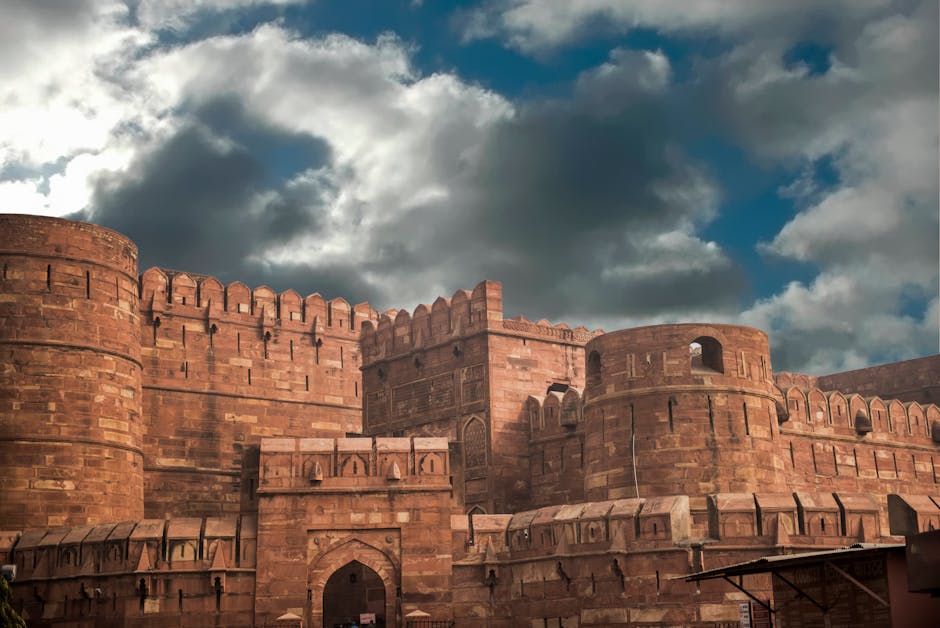India Calls for UNSC Reform: “Time to Redesign 80-Year-Old Architecture”
In a bold address at the United Nations General Assembly (UNGA), India demanded urgent reforms to the United Nations Security Council (UNSC), calling its current structure “outdated” and misaligned with 21st-century realities. With global conflicts rising, India’s push for inclusive governance has gained momentum.
Why the UNSC Needs Reform
The UNSC’s five permanent members (P5)—China, France, Russia, the UK, and the US—have retained veto power since 1945. India, now the world’s most populous nation and fifth-largest economy, argues this system excludes emerging powers.
“An 80-year-old architecture cannot address today’s challenges,” said India’s UN Ambassador Ruchira Kamboj. “Africa, Latin America, and Asia remain underrepresented.”
India’s Bid for Permanent Membership
India, part of the G4 (with Brazil, Germany, and Japan), has long sought a permanent UNSC seat. Key credentials include:
– Largest contributor to UN peacekeeping
– Founding UN member & global leader in climate/digital governance
Foreign Minister S. Jaishankar emphasized: “How can a body ignoring one-sixth of humanity ensure global peace?” Over 120 nations back India, but China’s veto and P5 resistance remain hurdles.
Global Support & Challenges
- Africa seeks two permanent seats.
- US supports “modest expansion” but avoids veto reform.
- China demands “broad consensus,” seen as a delay tactic.
A senior Indian diplomat noted: “Beijing fears a stronger India on the global stage.”
Why Reform Is Critical Now
Recent UNSC failures—vetoed resolutions on Ukraine, Gaza, and Indo-Pacific tensions—highlight its paralysis. Experts warn:
“Without reform, the UN risks irrelevance,” said strategist Dr. Happymon Jacob.
India’s Proposed Reforms:
1. Expand permanent & non-permanent seats to reflect modern power shifts.
2. Limit veto use in mass atrocity cases.
3. Increase transparency to restore trust.
What’s Next?
Reform requires a two-thirds UNGA majority and P5 approval. India is leveraging its G20 presidency and strategic alliances to build consensus.
As Jaishankar warned: “The world can’t be run by a club of five. Reform or face obsolescence.”
With global alliances shifting, pressure for change grows—but will the P5 listen?




